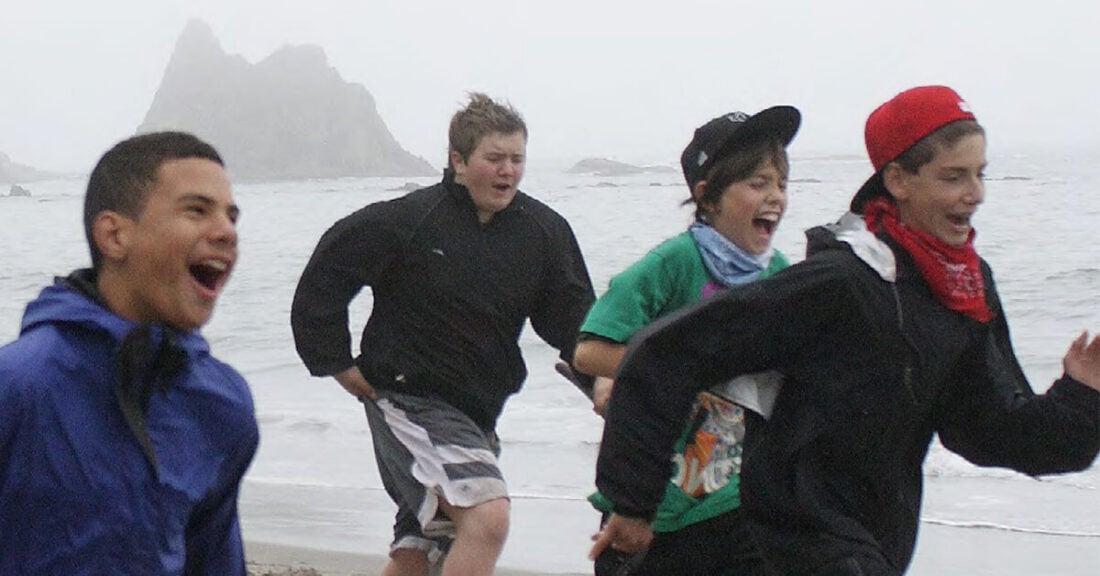Building Skills Outdoors: How Nature-Based Programs Strengthen Youth Development

Outdoor programs are fun, but do they help young people develop the skills needed for a strong future? A new study says yes. The research shows that young people in outdoor programs develop more skills than peers in traditional, non-outdoor programming.
The study — The Nature of the Outdoors: Stronger Youth Development Through Exploration — was produced by the YMCA of the USA with support from the Annie E. Casey Foundation. It examined outcomes for more than 5,000 young people across multiple states.
The Study: Outdoor Programs vs. Traditional Youth Programs
Researchers tracked the development of “skills for thriving” — personal, social, academic and economic abilities that help young people navigate life. They found that outdoor programs consistently produced stronger growth than other programs.
The analysis drew on data from Hello Insight, an online platform supported by the Casey Foundation. Hello Insight helps youth-serving organizations assess outcomes and adapt programs to better support young people’s well-being.
“These capacities are typically developed through practices that directly promote experiences where youth reflect on their values and personal goals, form healthy patterns and practice teamwork,” the report notes. “Youth typically experience more of these practices in outdoor programs leading to greater growth.”
Fueling Youth Skills Growth Through Outdoor Learning
Key findings from the report include:
- Young people in outdoor programs developed more skills than peers in non-outdoor programs.
- Opportunities for exploration and reflection amplified growth.
- Boys in outdoor programs reported higher levels of self-management, social skills and academic confidence than did boys in non-outdoor programs.
The report notes that outdoor experiences often encourage teamwork, goal-setting and healthy patterns — practices linked to long-term well-being.
Hispanic Youth and Boys Show Stronger Gains Outdoors
The study found especially notable improvements among Hispanic youth and boys. For Hispanic participants, outdoor programs provided stronger boosts in skills growth compared to other programs. Boys in outdoor programs showed higher gains in managing emotions, building relationships and believing in their ability to succeed in school.
Types of Outdoor Programs Supporting Skills for Thriving
Of the programs studied:
- Day and summer camps made up 70%;
- Wilderness adventure programs accounted for 24%; and
- Urban gardening, zoo and botanical programs and other nature-based activities made up the remainder.
Why Outdoor Programs Matter for Positive Youth Development
“This study shows that outdoors programming is more than an ‘add-on’ to positive youth development programming: It strengthens outcomes that contribute to thriving,” said Cynthia Weaver, senior associate in the Evidence-Based Practice Group at the Casey Foundation. “Outdoor learning that includes positive youth development practices — whether in camps, gardens or wilderness settings — offers more than recreation. It provides pathways for young people to build the skills they need to thrive in school, work and life.”






